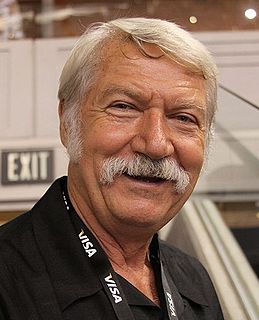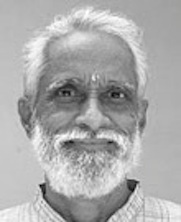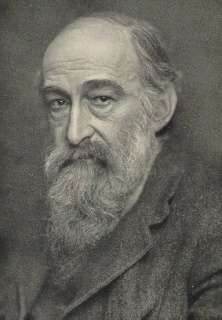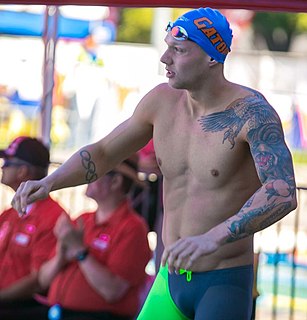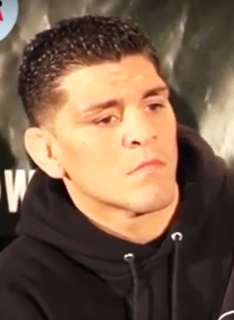A Quote by Bela Karolyi
A good 80 percent of the vault is still physical and another percentage of it, 20, 25 percent is mental. Mental is always the mental strength, the confidence building up to that contest or repetition, practice, practice, and practice.
Related Quotes
Economists often talk about the 80/20 Principle, which is the idea that in any situation roughly 80 percent of the “work” will be done by 20 percent of the participants. In most societies, 20 percent of criminals commit 80 percent of crimes. Twenty percent of motorists cause 80 percent of all accidents. Twenty percent of beer drinkers drink 80 percent of all beer. When it comes to epidemics, though, this disproportionality becomes even more extreme: a tiny percentage of people do the majority of the work.
It was hard to become an astronaut. Not anywhere near as much physical training as people imagine, but a lot of mental training, a lot of learning. You have to learn everything there is to know about the Space Shuttle and everything you are going to be doing, and everything you need to know if something goes wrong, and then once you have learned it all, you have to practice, practice, practice, practice, practice, practice, practice until everything is second nature, so it's a very, very difficult training, and it takes years.
Mental strength is not the same as mental health. Just like someone with diabetes could still be physically strong, someone with depression can still be mentally strong. Many people with mental health issues are incredibly mentally strong. Anyone can make choices to build mental strength, regardless of whether they have a mental health issue.
It is my greatest joy to share with students this knowledge that I have acquired in the past 50 years of practice and study. Dharma Yoga practice will give one’s body the power and strength to have resistance to common illnesses and diseases. With proper encouragement and increased faith in the Guru, as one can improve his physical body and mental attitude rapidly, thereby igniting the higher motives of making one's self useful to himself and all mankind.
When mental development is under discussion, there are many who say, 'How does movement come into it? We are talking about the mind.' And when we think of intellectual activity, we always imagine people sitting still, motionless. But mental development must be connected with movement and be dependent on it. It is vital that educational theory and practice should be informed by that idea.
For sure, with golf it's not a physically demanding sport like tennis. That's what makes tennis great - you combine both things. It's a very mental sport and at the same time can be dramatically physical. But I do admire the mentality of sport more than the physicality because physical performance is much easier to practice than mental performance.
Fighters are afraid of conditioning, they are afraid of getting tired, but I don't want to have anxiety or be afraid of anything. I can go 100 percent out there and never have to worry about getting tired. Everybody says fighting is 90 percent mental, and it's true. Knowing you can go 15 minutes or 25 minutes without any problem can help you sustain that mental advantage over your opponent.
